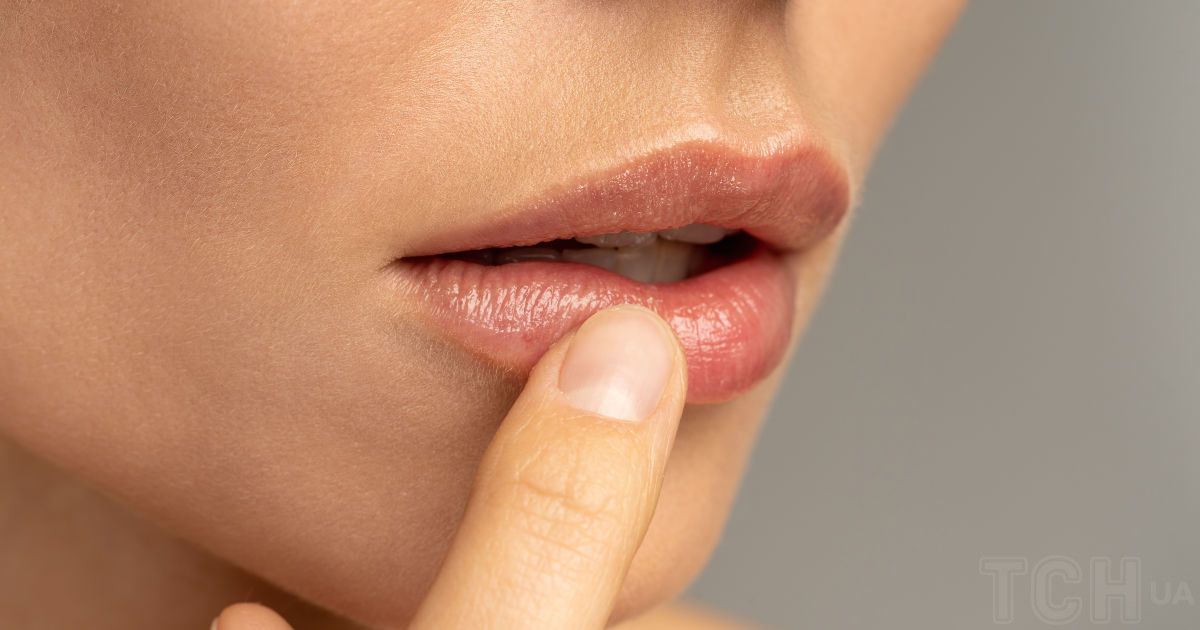Dry mouth is known by the medical term xerostomia, which means lack of saliva in the mouth.
In some cases, persistently dry mouth can be a sign of a serious illness.
The Sun named five diseases that can be a symptom of dry mouth.
Saliva helps control bacteria levels and balances and washes away acid around the teeth and gums.
When not enough saliva is produced, the mouth may feel sticky, a dry or sore throat, difficulty chewing or swallowing, or even bad breath.
If you constantly experience these symptoms, you should discuss them with your doctor.
Because in some cases dry mouth can be an indicator of serious problems in the body.
Diabetes
People with diabetes are often prone to dry mouth due to high levels of glucose in their blood and saliva.
It will also lead to yeast infections like thrush.
A stroke
Swallowing problems are common after a stroke.
They can cause dry mouth and unpleasant taste.
When there is not enough saliva in the mouth, the risk of infections increases.
OX
Mouth ulcers and abscesses, as well as dryness, are common in HIV patients.
This is due to the fact that the virus can cause swelling of the salivary glands, which leads to a decrease in saliva production.
Dry mouth can also be a side effect of HIV medications.
Alzheimer's disease
According to the Alzheimer's Association, people with this disease often forget to drink water or follow oral hygiene rules, which leads to dry mouth.
Sjogren's syndrome
It is a chronic disease that affects parts of the body that secrete fluids, such as tears and saliva. People between the ages of 40 and 60 are most prone to this disease.
In addition to dry mouth, other symptoms of Sjogren's syndrome include:
dry eyes
dry skin
fatigue,
vaginal dryness
muscle or joint pain
a tumor between the jaw and ears due to swollen salivary glands,
rash - especially after exposure to the sun.
If you have these symptoms and are concerned, see your doctor.
How to deal with dry mouth
There are several things you can do to reduce dry mouth:
drink cold water regularly throughout the day and keep some by your bed at night,
suck on ice cubes or lollipops,
drink cold unsweetened drinks,
chew sugar-free gum or suck on sugar-free sweets,
use a lip balm if your lips are also dry,
brush your teeth twice a day and use an alcohol-free mouthwash – you're more likely to get cavities if you have a dry mouth.
You should avoid drinking a lot of caffeine or carbonated drinks, as well as acidic, spicy, salty or sweet foods.
It is also better to refrain from smoking.
If you think that your dry mouth is caused by the medications you are prescribed, do not stop taking them without first consulting your doctor.
You can buy gels, sprays and lozenges for moisturizing the oral cavity at the pharmacy.
In which cases should you consult a doctor?
It is better to see a therapist if you have dry mouth and:
it does not go away after several weeks of home or pharmacy procedures,
you have difficulty chewing, swallowing or speaking
you have problems with the sense of taste that do not go away,
your mouth is painful, red, swollen or bleeding
you have painful white spots in your mouth
you think that prescribed medication may be causing your dry mouth,
you have other symptoms, such as the need to urinate or dry eyes.
Read also:
What foods should be eaten for healthy teeth
Cold hands, dry hair and pale skin: symptoms of iron deficiency
How to understand that you have bad breath and how to deal with it
